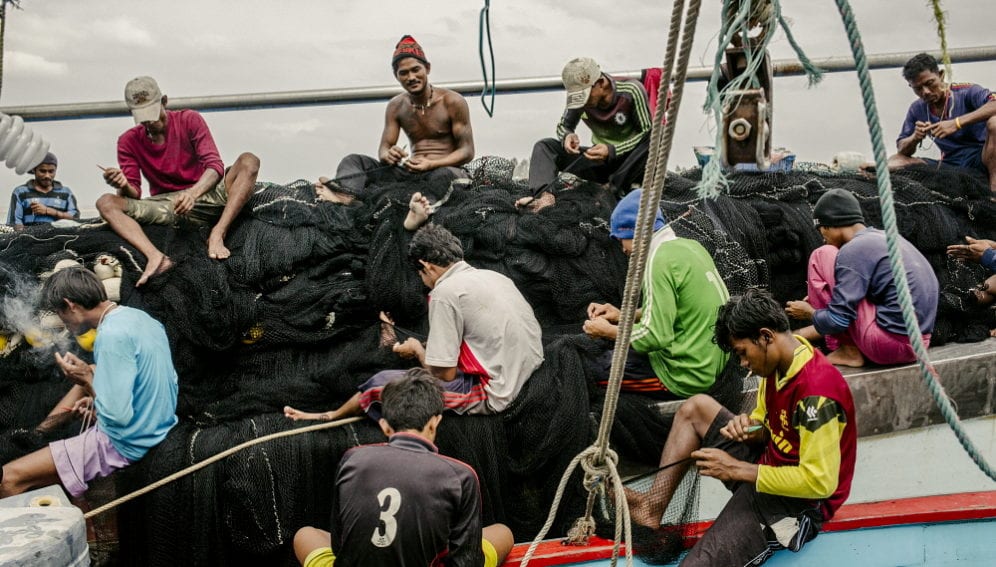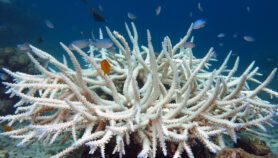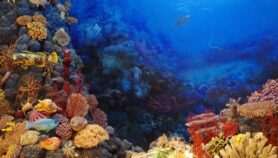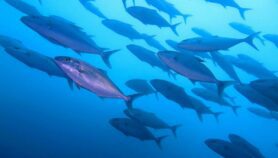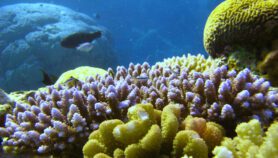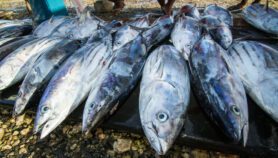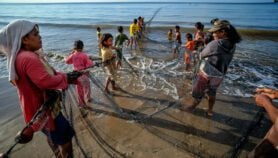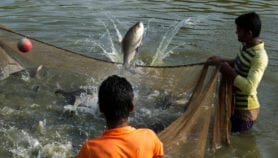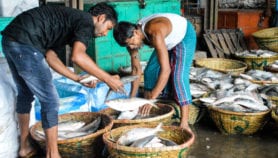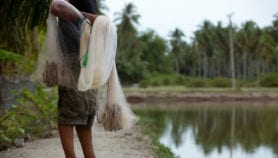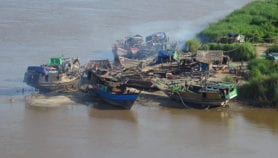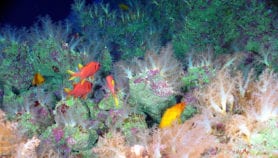By: Gilbert Felongco
Send to a friend
The details you provide on this page will not be used to send unsolicited email, and will not be sold to a 3rd party. See privacy policy.
[MANILA] The European Union (EU) removed last April seven island nations from the watchlist of countries that have not acted against illegal, unregulated and unreported (IUU) fishing.
Struck off the watchlist were the Philippines, South Korea and Sri Lanka, the Pacific island nations of Fiji and Vanuatu, Togo in West Africa, and Panama in the American continent. They were given the “green card” for compliance with EU requirements for sustainable fishing after they enforced tougher fishery laws and countermeasures against IUU fishing.
In June 2014, the EU placed these countries under its “yellow card” watchlist along with the warning that they could lose the privilege to sell fishery products in the European market if they failed to act against IUU fishing.
According to the FAO (Food and Agriculture Organization), IUU fishing, which is typically conducted by national or foreign vessels without permission, causes destruction to marine life and habitat as well as to small fishing communities.
The EU takes in a considerable amount of fishery products from non-EU nations, particularly from the Western Pacific where millions of people rely on fishing for livelihood.
The Philippines, South Korea, Sri Lanka, as well as Fiji, Vanuatu and Togo, passed laws that raised penalties for IUU fishing. The Philippines and South Korea have also utilised vessel tracking technologies to ensure that commercial fishing boats under their flag registry do not stray into restricted areas in competition with small-scale fishermen.
EU rules stress traceability and monitoring of catch, which require commercial fishing vessels to harvest their catch in deep sea areas so they do not compete with lesser equipped small-scale fishermen.
To ensure compliance with this restriction, commercial fishing vessels in the Philippines above 30 gross registered tonnes are now required to install the vessel monitoring system (VMS) to ensure that ships only go to areas where fishing is allowed, Eric Manabat of the Bureau of Forestry and Aquatic Resources (BFAR) licencing section tells SciDev.Net.
The VMS tracking system uses satellites to provide real time data on the vessel’s location.
The government has also provided municipal coast watchers and fishery monitors with the FishR, a tablet-based, standardised municipal level registry of fishery stakeholders.
“Using a tablet computer, FishR’s customised application enables local officers to take surveys, capture and store relevant data, including contact details of the owner and the vessel’s actual photos, engine serial number and specifications. These information are directly sent from the tablet to a database to be centrally collected and processed,” Manabat says.
“The country’s effort against IUU fishing is anchored on its commitment as a member of FAO which adopted the International Plan of Action to prevent, deter and eliminate IUU fishing,” BFAR director Asis Perez tells SciDev.Net.
This article has been produced by SciDev.Net's South-East Asia & Pacific desk.


